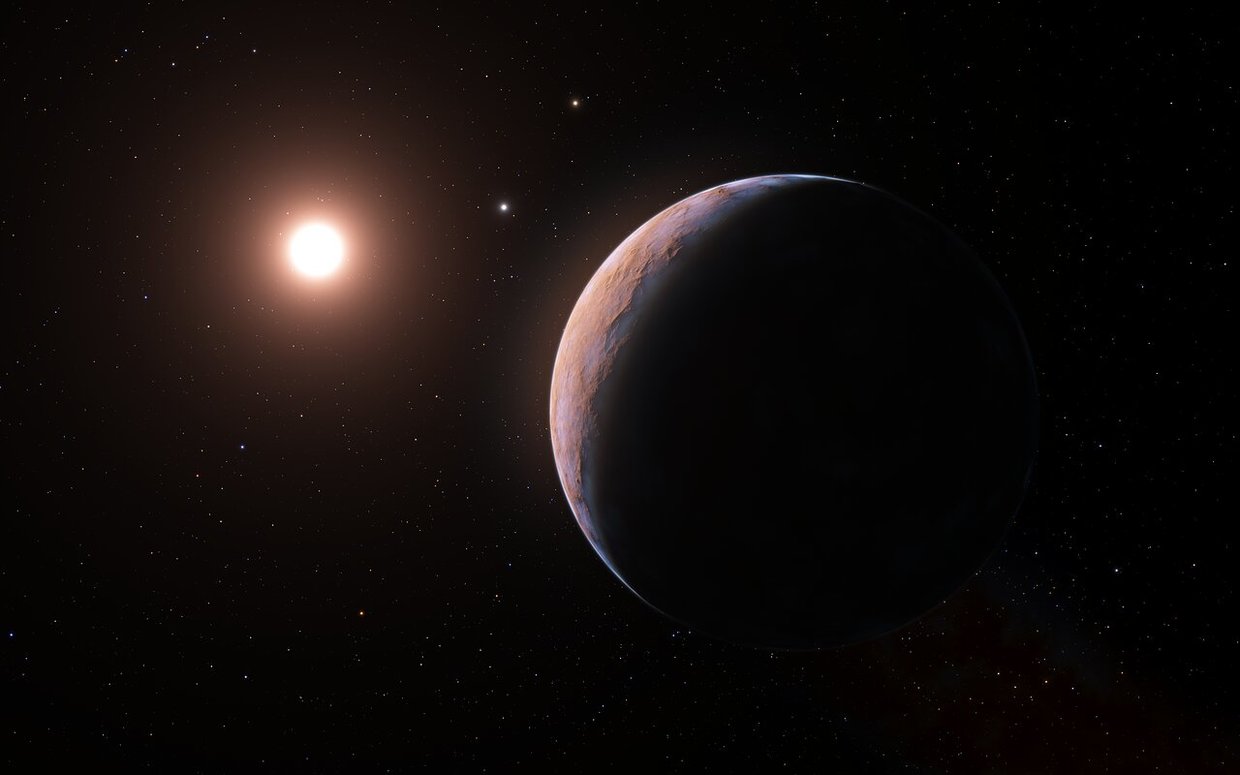
Proxima Centauri d is relatively close to the Earth and is “within reach of further study and future exploration”
A team of astronomers has discovered a new small planet orbiting Proxima Centauri, the closest star to the Sun, research published on Thursday in ‘Astronomy and Astrophysics’ reveals.
The candidate planet, named Proxima Centauri d, has been detected via the European Southern Observatory’s Very Large Telescope in Chile and an innovative “radio velocity technique,” which allows it to pick up “tiny wobbles in the motion of a star created by an orbiting planet’s gravitational pull.”
“The discovery shows that our closest stellar neighbor seems to be packed with interesting new worlds, within reach of further study and future exploration,” lead author of the study João Faria said.

© eso.org
Proxima d orbits Proxima Centauri at a distance of about four million kilometers between the star and the so-called ‘habitable zone’ — “the area around a star where liquid water can exist at the surface of a planet.” It takes the planet just five days to complete one orbit around Proxima Centauri.
Proxima d is the third planet discovered on the orbit of the star, which is the closest neighbor of our solar system. Proxima b, detected in 2016, has a mass “comparable to that of Earth,” is located in the habitable zone and needs 11 days to make a full round around Proxima Centauri, while the orbit of Proxima c, detected in 2020, takes five years. D is not only the fastest but also the lightest out of three planets with a weight at “just a quarter of Earth’s mass,” according to the paper.
READ MORE: Scientists announce discovery on ‘very rare’ planet
One of the researchers, Pedro Figueira, emphasized that the discovery of Proxima d is “extremely important” because it demonstrates that the radial velocity technique “has the potential to unveil a population of light planets, like our own, that are expected to be the most abundant in our galaxy and that can potentially host life as we know it.”




